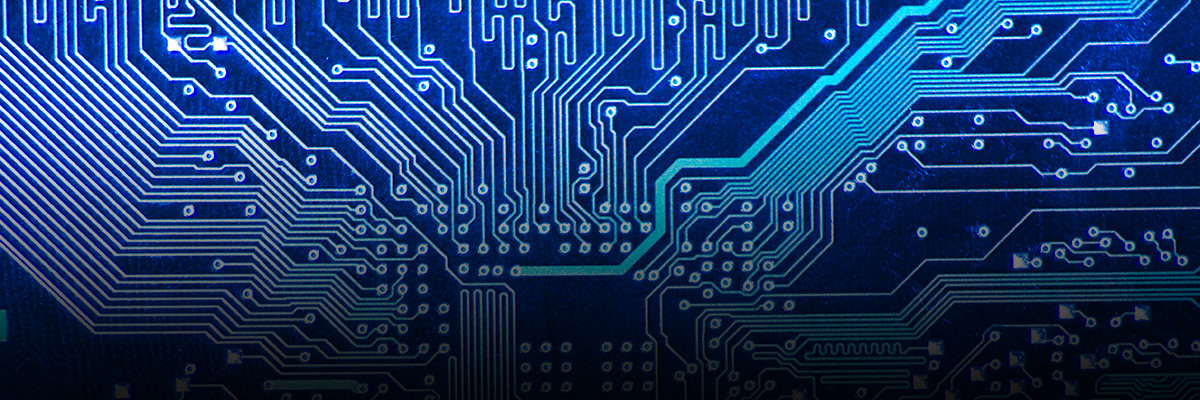
Authors
-
Michael Rohwer
Former Director, Technology Sectors, BSR
After spending the last three years at the Electronic Industry Citizenship Coalition (EICC) driving the use of shared standards and tools to improve the social and environmental performance in the manufacturing supply chain, it’s a thrill to take on the broader scope of issues and applications as the lead for BSR’s information and communications technology (ICT) practice. And we have an abundance of opportunities.
ICT shortens the distance between us. It accelerates the pace at which we exchange goods, services, and ideas, making nearly everything more efficient, faster, and easier. From doing business to sharing experiences with our loved ones to listening to music and measuring our wellness, ICT has undisputedly disrupted the way we live, with some referring to a “Fourth Industrial Revolution.”
In fact, ICT companies lead the way in sustainability in numerous ways. For example, advancing renewable energy uptake, improving access to education, promoting sustainable consumer behavior, designing for a circular economy, and doing business in a way that puts back more into society, the environment, and the global economy than they take out are all ways the ICT companies have worked to make themselves, their suppliers, and their customers more sustainable.
However, shortening the distance between us can present challenges. What was once a long distance between consumer products and the manufacturing supply chain has contracted—and become more transparent to the public. And increasingly, stakeholders are more concerned about the human rights impact of products and services in this sector. These impacts exist in the deepest parts of the supply chain, such as conflict minerals and child labor in raw materials extraction, and in the end use, including questions about privacy and security. Furthermore, climate change continues to threaten not only business continuity but also the very communities in which we live. Without better integrating climate action into our business models, the future for people and the planet looks grim.
These are risks that ICT companies need to address, and the challenges in doing so may be daunting, considering the complexities of the issues and stakeholders.
All that said, the shorter distance provides immense opportunities for ICT to thrive—not just survive. From pushing forward on renewable energy sourcing commitments, to designing inclusive products, to investing in women, ICT is in a unique position to achieve tangible progress. It also has the chance to do so in a uniquely transparent way that mitigates business risk, improves profitability, and reinforces resilience while respecting human rights and environment, from the supply chain to the consumer—and back again through a circular economy. In short, ICT can truly put more back into the global system than is taken out.
It’s these opportunities that excite me about taking the lead for BSR’s ICT practice and working to use ICT’s power to shorten the distance to a just and sustainable world. I’m eager to get to work with our members and to explore collaborative initiatives that bring companies, customers, and communities closer together to solve sustainability problems and solutions.
BSR’s latest sustainability insights and events straight to your inbox.
Let’s talk about how BSR can help you to transform your business and achieve your sustainability goals.